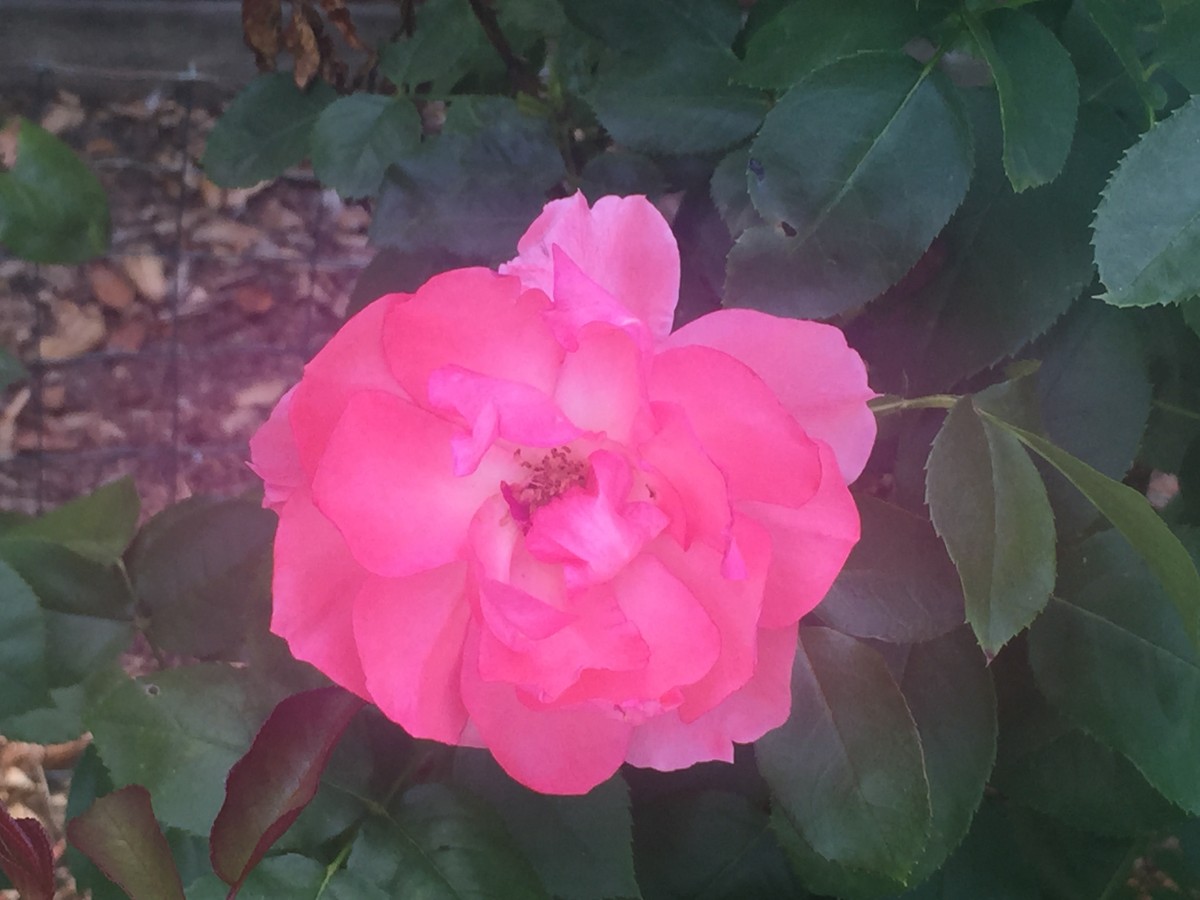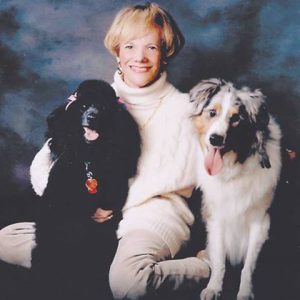When I am working with families that appear to have some kind of violence going on in the family system, and it doesn’t seem to be physical in nature. I become suspicious about other interactions that are brought out in sessions.
Some violent behavior that is not physical violence between spouses and family members, be it small children, or the older adults, is almost taught by example of actions. Children LEARN easily from their parents and older siblings.
The same elements that take place between physical family violence, is all explainable by a therapist or psychologist examing the family system that hopefully comes for help. Whether it be physical of emotional, it is all about power and control, from one individual to other family members. It can be exuded by both spouses, but often children learn these examples from their own family system, so when older teens watching younger siblings,(for baby sitting), parental chaos and fighting for power and control, fighting, and abuse of some kind be in physical, bullying, blaming, or coercion, children in the family system, do observe, and the lessons are taught watching their own families chaos.
Often there is bullying, coercion and threats, intimidation and emotional abuse. A male teen watching a younger female can and does exude male privilege. Examples would be making big decisions, acting as the master of the house. Other physical elements might be wrestling or teasing from an older child, to a younger child.) (mostly from a older adult male child to a younger female, or male sibling)
This can go further, into a form of bullying, or making a younger male to female baby sitting role, feel guilty. Mostly conversation and power and control could also be about relaying messages. It can include harassment,and the intimidation is making the younger sibling feel afraid by using looks, actions, and gestures. Older siblings who baby sit, can use emotional abuse, like putting the younger child down, making the child feel bad about themselves, or playing mind games, humiliation and guilt, and as mentioned above wrestling, tickling, or teasing.
Intimidation can look like the following: “Mother will never believe you, as I am older.” Or, “you are too young, and mother or dad will never believe you because you are too small.” This is an example of humiliation, teaching poor self esteem, the playing of mind games, when many times the older child doing the baby sitting for a younger sibling is all about jealousy, and using the jealousy to justify actions. Is also a major form of bullying.
When the parent comes home and a younger child reports, frequently, parents are not interested in what a younger child of under 5 or 6 has to say, thus discount the actions of the older baby sitting child, thereby causing major trauma to self esteem, plus showing favoritism, and creating fear, for the next time the younger child is left with the older sibling.
This is all about power and control, much like the power and control, in family violence, but on a different between siblings, possibly learning these behaviors from their own family system, being acted out by parents exhibiting major issues in front of their children, instead of getting family therapy, or help, or not exhibiting any form of family discord in front of other family members.
If you feel that this is going on in your environment, and that the needs for you using a older sibling to baby sit, might in any way is reflected here, YOU MUST GET OTHER CHILD BABY SITTING ARRANGEMENTS.
It is a parents responsibility to protect younger siblings, and if this is going on, you as the parents in charge have a responsibility to seek help for the older sibling as to what is going on to create bullying in his or her head, or power and control, or meanness. This is only a small element of interactional behavior among siblings. If you ignore, and think that this is not transformational in child rearing, you are wrong, and this is sometimes, where the older child learns that power and control and the other elements I have mentioned above, become learned behavior.
The danger can be that kids grow up and continue this in their own families. The other main factor is that the younger child being baby sat or (child watching) is emotionally harmed, (possibly, and mostly emotionally.) The younger child learns poor self esteem, its o.k. to be bullied, and they have no voice, and many things including its fine to be bullied. They also learn that they are powerless to defend themselves against older kids. AND THE CYCLE GOES ON!!!
The same behaviors can and are sometimes exhibited by parents having teens watching eleven year olds too. This is all the same principal. It is all about power and control, bullying in the case of an older teen watching a tween.
All elements of child development need to be discussed, as these behaviors carry into adulthood, and can create a very dysfunctional family system, as the older children grow into adulthood, and begin to create their own adult lives.
It is so important that people raising families, learn the obstacles, that can occur, when raising families. These emotional injuries can be lifetime, and then we wonder why some children grow up with anxiety and fear of being left alone. The older sibling who does this, learns to use a form of power and control. AND, A FORM OF A DOMESTIC VIOLENCE IS EXHIBITED…….DI




